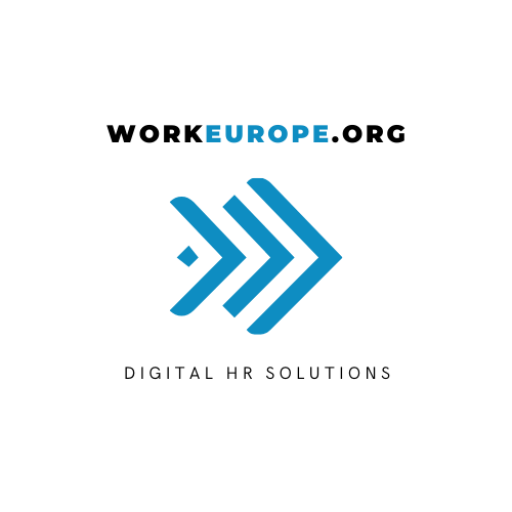
Europe has long been a champion of diversity and inclusion. This is reflected in the values of the European Union, which promotes equality and non-discrimination based on factors such as race, ethnicity, religion, gender, sexual orientation, and disability.
In recent years, European companies have increasingly embraced diversity and inclusion as a business imperative. They recognize that a diverse workforce can bring a wider range of perspectives and experiences to the table, leading to greater creativity, innovation, and problem-solving.
There are a number of ways in which European companies are embracing inclusivity in the workplace. These include:
- Developing and implementing diversity and inclusion policies: Many companies have formal policies in place that prohibit discrimination and promote equal opportunities for all employees.
- Setting diversity targets: Some companies have set specific targets for increasing the representation of women, minorities, and people with disabilities in their workforce.
- Creating inclusive work environments: Companies are creating workplaces that are welcoming and respectful of all employees, regardless of their background. This includes providing training on unconscious bias, promoting flexible working arrangements, and offering support groups for employees from diverse backgrounds.
- Investing in diversity and inclusion training: Many companies are investing in training programs that help employees understand the importance of diversity and inclusion and how to create a more inclusive workplace.
There are a number of benefits to embracing diversity and inclusion in the workplace. These include:
- Improved employee morale and engagement: Employees who feel valued and respected are more likely to be engaged in their work and productive.
- Enhanced creativity and innovation: A diverse workforce can bring a wider range of perspectives to the table, leading to more creative solutions to problems.
- Improved decision-making: Diverse teams are more likely to consider all sides of an issue before making a decision.
- Stronger employer brand: Companies that are seen as being committed to diversity and inclusion are more likely to attract top talent.
While Europe has made significant progress in embracing diversity and inclusion, there is still more work to be done. For example, there is a gender pay gap in many European countries, and people with disabilities are still underrepresented in the workforce.
However, Europe’s commitment to diversity and inclusion is clear. By continuing to embrace these values, European companies can create more equitable and successful workplaces for all employees.
Here are some additional examples of how European companies are embracing diversity and inclusion:
- Deutsche Bahn, the German national railway company, has set a target of having 20% of its management positions filled by women by 2025.
- Unilever, the Anglo-Dutch consumer goods company, has a global diversity and inclusion strategy that includes setting targets for the representation of women and minorities in its workforce.
- ING, the Dutch financial services company, has launched a number of initiatives to promote diversity and inclusion, such as a mentoring program for women and a program to support employees with disabilities.
These are just a few examples of the many ways in which European companies are working to create more inclusive workplaces. By continuing to make progress in this area, Europe can ensure that its businesses are successful and competitive in the global marketplace.

